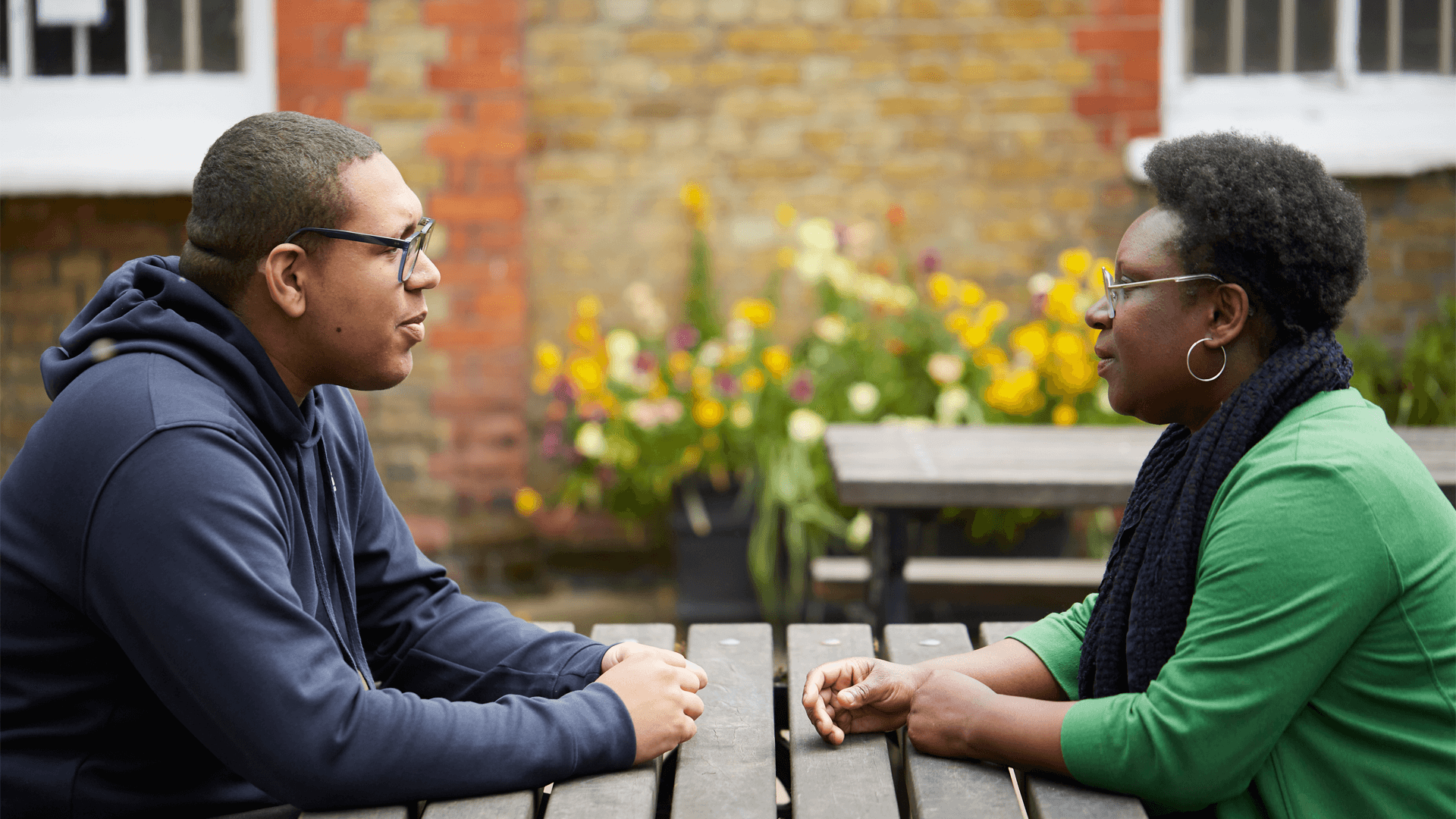Changes in your family
-
This can be things like a family member moving out, your parents separating or getting a divorce, you and your family moving home, or a parent changing job and not being around as much, which can be unexpected and upsetting.
It’s very normal that changes in your family will affect how you think and feel. You might feel lonely because you’re not seeing a family member as much, or you might be worried about reaching out for help because you don’t want to be a “burden” when things are already tough. But it’s okay if you are struggling and you need support.
Our Activists share what can help you cope during this difficult time:
- "It’s easy to feel like these changes are your fault because of something you’ve done, but remember that isn’t the case. Family changes happen for so many reasons and it doesn’t mean you’ve done anything wrong."
- "It’s normal to feel uncomfortable, scared or apprehensive about change. Speak to someone about how you feel and see if there’s a way of making the situation more comfortable for you."





